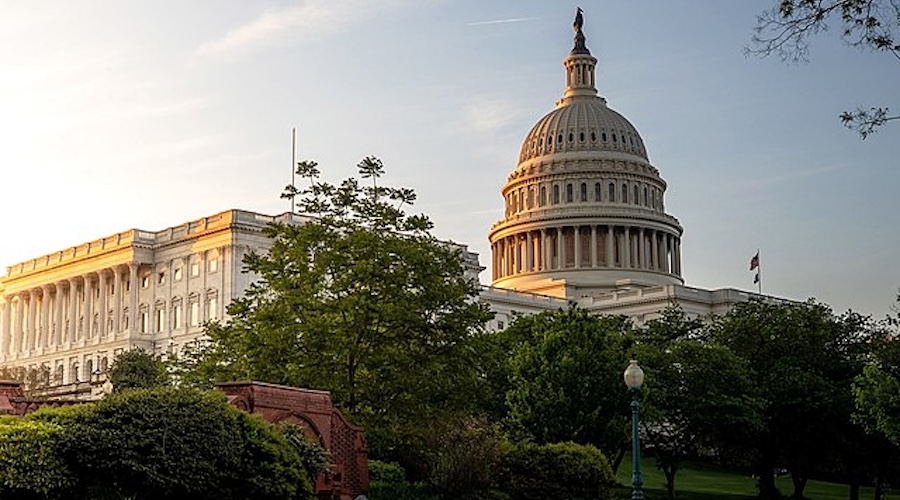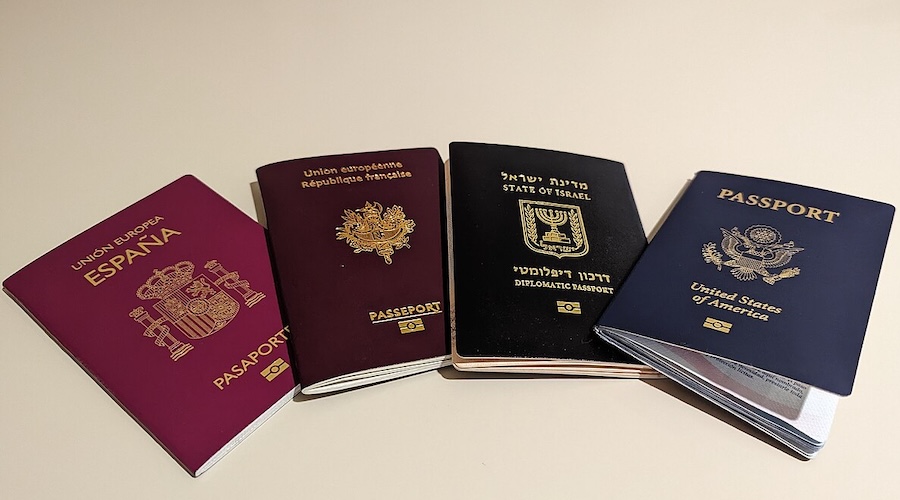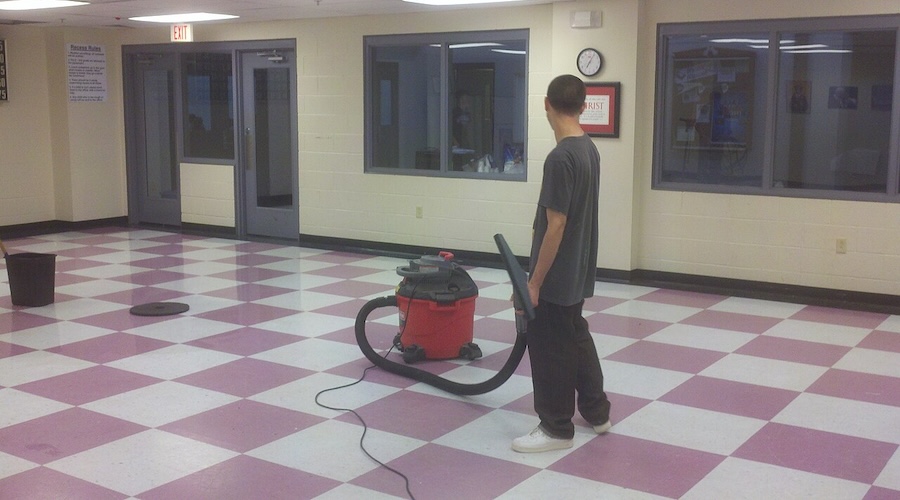
Chain Migration: Immigration in Perpetuity
Fact Sheet - Wednesday, June 25, 2025
The Basics:
-
Chain migration refers to the process of foreign nationals being sponsored for lawful permanent residence (LPR) status by non-nuclear family members already in the United States.
-
The U.S. immigration system is comprised mainly of family-based immigration, employment-based immigration, the visa lottery, and humanitarian immigration. More than half of the more than one million LPRs approved annually are the result of family-based immigration.
-
Family-based immigration includes the nuclear family of U.S. citizens and prior immigrants (spouses and minor children). It also includes chain migration categories like parents and siblings of adult U.S. citizens, as well as the adult sons and daughters (plus their family members) of citizens and prior LPRs.
-
Between 2005 and 2016, the United States permanently resettled 9.3 million immigrants based on family relations—a population larger than the combined size of Los Angeles, Chicago, Dallas, San Francisco, and Cleveland.
-
Of the 1,172,910 foreign nationals admitted to the United States in FY2023 as LPRs, 310,610, or more than 26 percent, were admitted through chain migration categories.
The Problem:
-
Chain migration means that prior immigrants—naturalized and not—are selecting more than a quarter of the immigrants we admit each year, without regard to their skills or our labor market needs.
-
The Jordan Commission identified Chain Migration as a driver of low-skill immigration that increases competition and suppresses wages for American workers. The Commission called for eliminating chain migration and prioritizing nuclear family reunification.
-
Chain migration means that every new immigrant who comes to the United States as an LPR can start a new chain of immigration for his or her extended relatives, meaning perpetually growing backlogs and immigration in perpetuity.
-
The total waiting list for family-based immigration categories was approximately 3.9 million (excluding the spouses, minor children, and parents of U.S. citizens, whose visas are uncapped, but including the spouses and minor children of LPRs) as of the end of 2022.
-
By increasing total annual immigration by more than 26 percent, chain migration also adds to the burden of vetting and processing applications for U.S. Citizenship and Immigration Services and the State Department.
LEGISLATIVE RECOMMENDATION: Congress should pass the Nuclear Family Priority Act, introduced as H.R. 2705 by Rep. Eli Crane (R-AZ) in the House and as S. 1328 by Sen. Jim Banks (R-IN) in the Senate. This bill would eliminate the chain migration categories, but maintain the categories for spouses and minor children. It reflects the recommendations of the Jordan Commission on Immigration Reform and common sense.
ADMINISTRATIVE RECOMMENDATION: Enhance vetting, eliminate any discretionary waivers of inadmissibility for chain migration, improve standards for naturalization, increase fees to fund the overwhelming workload required, and strengthen evidence requirements and standards surrounding the Affidavit of Support (Form I-864).
Download Fact Sheet

Fact Sheet - The U.S. Immigration System

Fact Sheet - Visa Waiver Program: Legal Open Borders for the Developed World

Fact Sheet - EB-3: Third in Preference, Last in Our Hearts

Fact Sheet - Temporary Protected Status: De Facto Amnesty

Fact Sheet - The Visa Lottery: Surrendering Sovereignty to Random Chance
